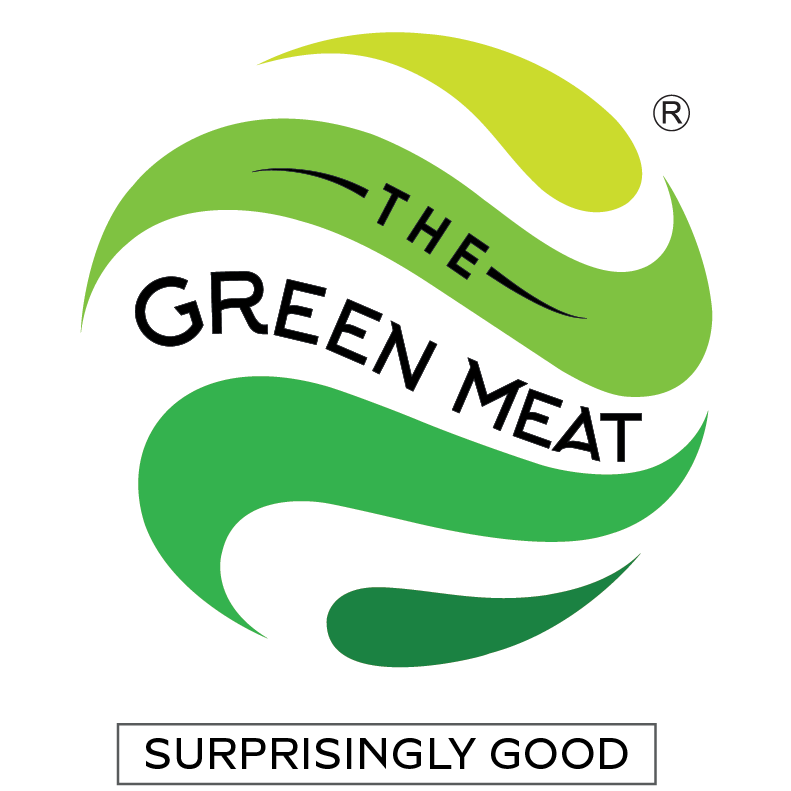We rely on a complex interplay of senses to determine the quality and desirability of food. While taste and smell are well-known for their roles in food perception, recent research suggests that humans might also have a specific ability to sense the presence of protein in food. This fascinating possibility opens up new insights into how our bodies ensure we get essential nutrients. Let’s explore the mechanisms behind this potential sensory capability and its implications.
The Nutritional Importance of Protein
Proteins are vital macronutrients required for building and repairing tissues, producing enzymes and hormones, and supporting overall growth and maintenance of the body. Given their importance, it makes sense that humans would have evolved mechanisms to detect protein-rich foods.
Sensory Mechanisms: Taste and Smell
- Umami Taste: One of the primary ways humans might sense protein is through the taste known as umami, often described as savory or meaty. Umami taste receptors respond to glutamate, an amino acid found in high-protein foods like meat, cheese, and some vegetables. The discovery of umami as the fifth basic taste, alongside sweet, salty, bitter, and sour, underscores its importance in human nutrition.
- Aromatic Cues: The smell of food can also provide cues about its protein content. For example, the aroma of cooked meat or aged cheese can be particularly enticing, signaling a rich source of protein. These olfactory signals are processed by the brain, influencing our appetite and food choices.
Emerging Research on Protein Detection
Recent studies suggest that beyond umami taste and aromatic cues, there may be other sensory pathways involved in detecting protein:
- Specific Receptors: Researchers have identified potential protein receptors in the mouth that might respond to the breakdown products of proteins, such as peptides and amino acids. These receptors could send signals to the brain indicating the presence of protein, influencing our taste preferences and dietary choices.
- Post-Ingestive Feedback: The body also uses post-ingestive signals to assess the nutritional value of food. After consuming protein, the digestive system releases specific hormones that provide feedback to the brain, promoting satiety and influencing future eating behavior. This mechanism ensures that the body recognizes and seeks out essential nutrients.
Evolutionary Perspective
From an evolutionary standpoint, the ability to detect protein would have been advantageous for early humans. Protein is crucial for survival, particularly in times of scarcity. Those who could efficiently identify and consume protein-rich foods would have had a better chance of thriving and reproducing.
Practical Implications
Understanding how humans sense protein can have several practical applications:
- Diet and Nutrition: Recognizing the sensory cues that drive protein consumption can help in designing balanced diets. For instance, enhancing the umami flavor in plant-based foods might make them more appealing as protein sources.
- Food Industry: The food industry can leverage this knowledge to develop products that better satisfy our protein needs. Creating foods with appealing umami flavors and aromatic profiles can encourage healthier eating habits.
- Health and Wellness: For individuals with specific dietary needs, such as athletes or those with certain medical conditions, understanding protein detection mechanisms can aid in creating more effective and satisfying meal plans.
Conclusion
While the exact mechanisms are still being explored, it is evident that we have a sophisticated system for detecting the presence of protein in food. Through taste, smell, and possibly other sensory pathways, our bodies are finely tuned to seek out this essential nutrient. By continuing to unravel these sensory processes, we can enhance our approach to nutrition and ensure that our diets meet our bodies’ needs for growth, repair, and overall well-being. The next time you enjoy a savory dish, remember that your body is hard at work, ensuring you get the vital protein it needs.



